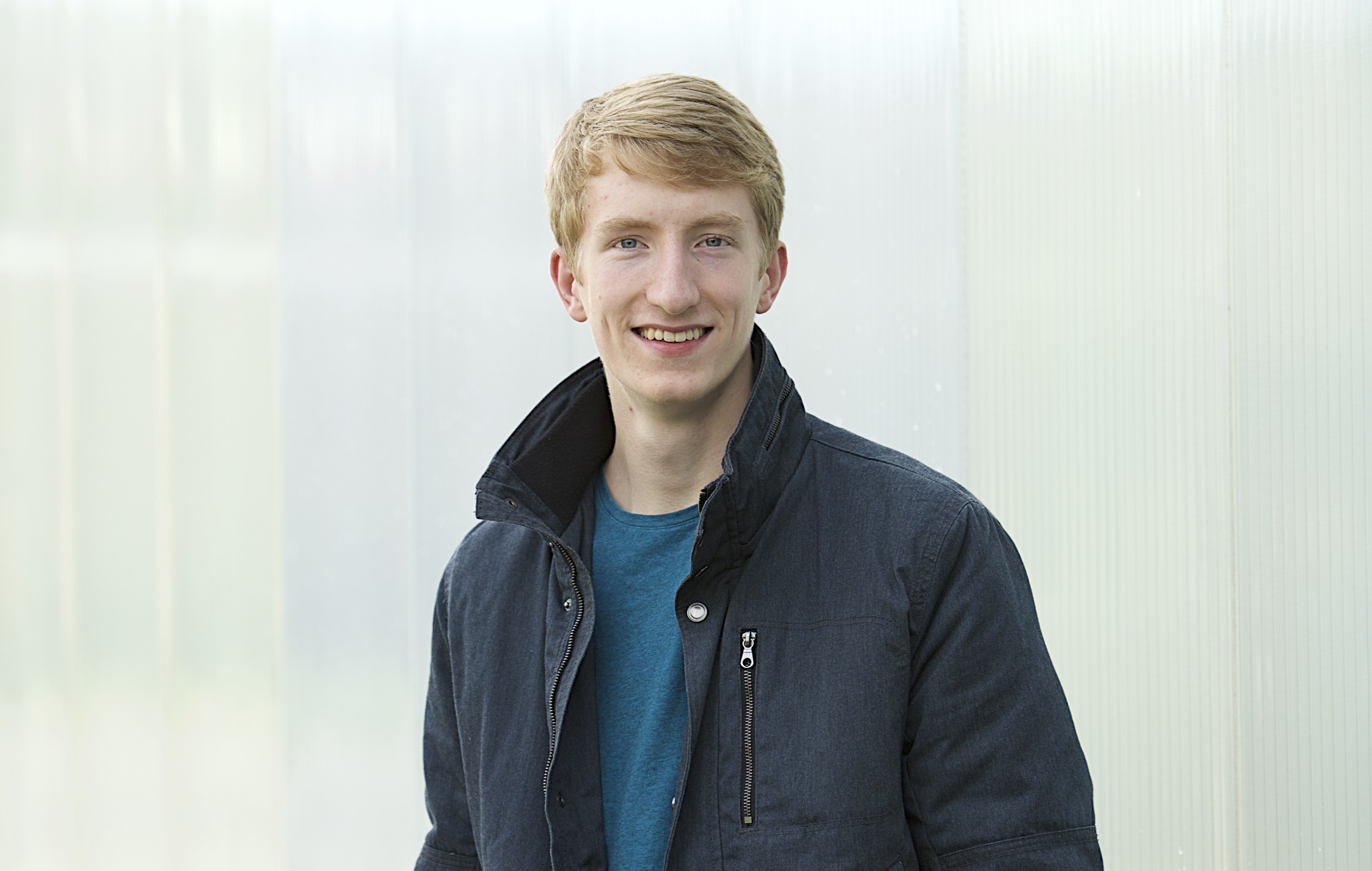A conversation this week reminded me of my drum teacher back at the ages of around 13/14.
“Practice does not make perfect, practice makes permanent”.
Hardly a lesson went by without him saying this phrase. Perhaps it was the because of it’s repetition, but it really stuck with me.
“Perfect practice, make perfect. It’s will be no use you going away and practising it incorrectly, you’ll come back being able to the play the beat with your eyes shut… but it will be wrong!”
It stuck with me because it makes complete sense. You can just magically become perfect at something through repetition – you’d be insane to think that, according to Einstein at least.
So why’s this variation so important? Well, to me it highlights the need to control all the other variables that can help achieve ‘perfection’. Of course, practice is a huge part, but so is coaching/teaching/mentoring; someone who knows what perfection looks like and can direct you toward it, someone that will correct the faults and introduce the next steps. I believe it also emphasises the need to questions things, if I was practising a beat on the drums I had to stop and ask myself “was the correct?”, “how should these notes be played?”, “is the timing right?”, asking such questions not only helped me improve what I was playing, but it also helped me to understand why things happened, so if I saw a piece of music in the future with similar note patterns, I might have a good idea of how it should sound.
Practice must be carried out with intent and validation checks to ensure you’re not practising the wrong thing, otherwise you’re really just wasting time.

